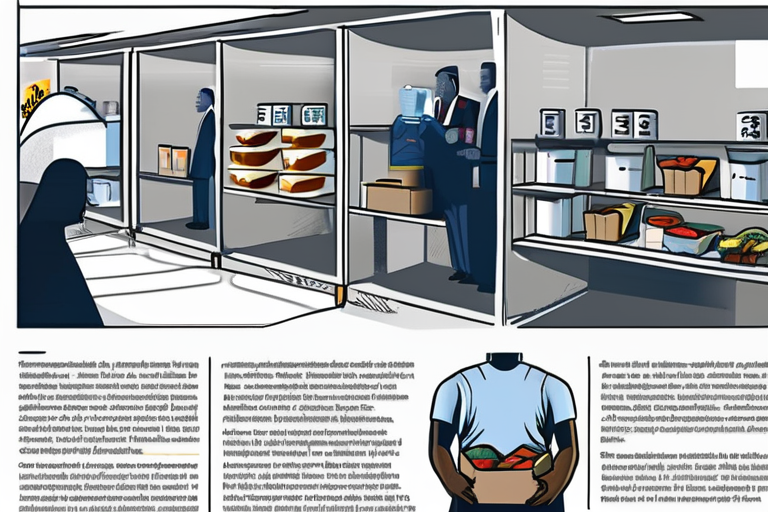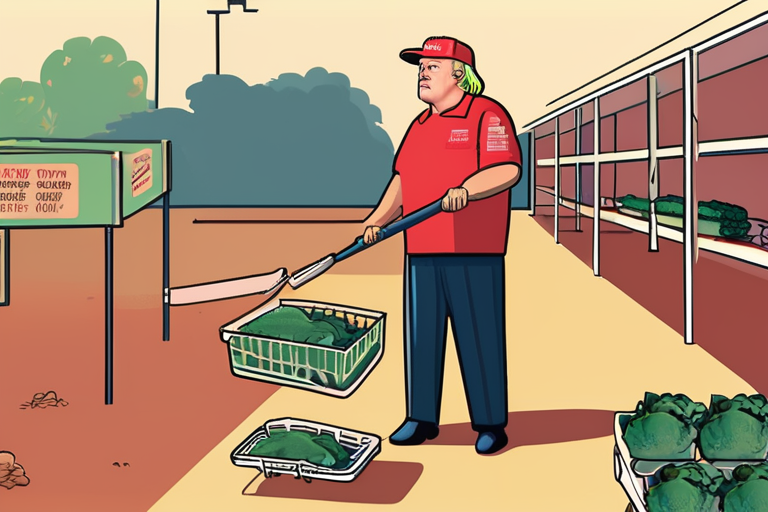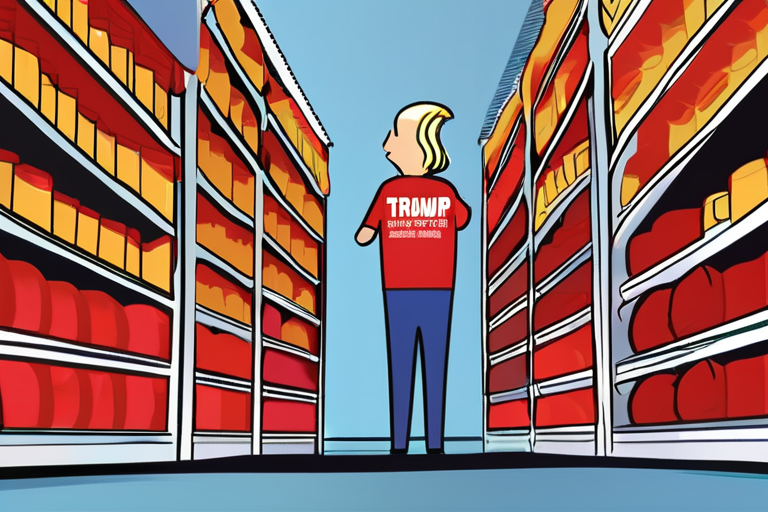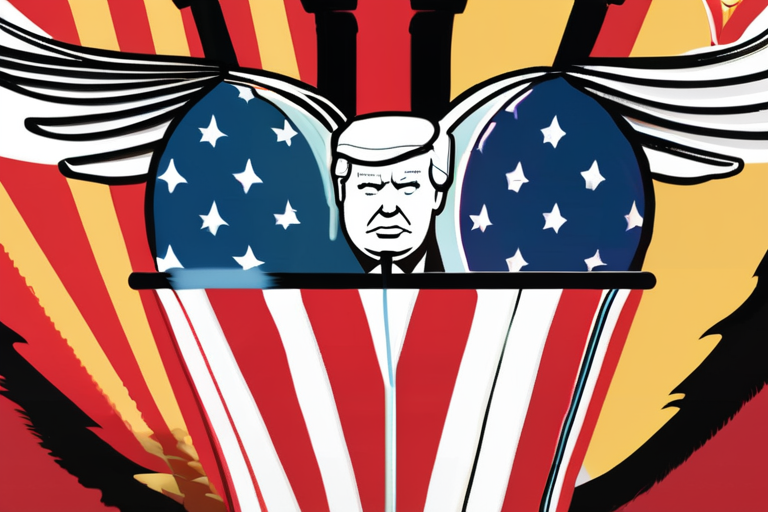Trump Administration Cancels 94M Pounds of Food Aid, Leaving Millions Without Essential Supplies


Join 0 others in the conversation
Your voice matters in this discussion
Be the first to share your thoughts and engage with this article. Your perspective matters!
Discover articles from our community

 Hoppi
Hoppi

 Hoppi
Hoppi

 Hoppi
Hoppi

 Hoppi
Hoppi

 Hoppi
Hoppi

 Hoppi
Hoppi

Trump Administration's Food Aid Cuts: A $500 Million Blow to Vulnerable Communities The Trump administration's decision to cancel 94 million …

Hoppi

Supreme Court Allows Trump to Withhold $4 Billion in Foreign Aid Amid Global Outcry The US Supreme Court has cleared …

Hoppi

Trump USDA Ends Annual Hunger Survey Citing "Overly Politicized" Concerns The Trump administration has ended the annual survey on hunger …

Hoppi

MAINE FOOD PANTRIES ON BRINK OF COLLAPSE Multiple food pantries across Maine are facing a critical volunteer shortage and funding …

Hoppi

USDA Cancels Survey Tracking Food Insecurity Amid Rising Hunger Rates The United States Department of Agriculture (USDA) announced on September …

Hoppi

Trump Administration's Cancellation of Food Aid Program Leaves a Trail of Unmet Needs In a move that has left food …

Hoppi